-
차기 지도자 선호도 1위는?…57%가 '응답 유보' [앵커리포트]재생
![차기 지도자 선호도 1위는?…57%가 '응답 유보' [앵커리포트]](https://image.ytn.co.kr/general/jpg/2025/1205/202512051624542491_h.jpg)
-
오늘 나온 갤럽 여론조사 결과 살펴보겠습니다. 선호하는 장래 정치 지도자 조사에서 조국 대표와 김민석 총리가 1위 자리를 놓고 접전을 벌이고, 국민의힘 한동훈 전 대표와 장동혁 현 대표가 뒤를 이었는데요. 다만, 모두 다 한 자릿수 지지율이고, 절반이 훌쩍 넘는 57%는 응답을 유보했습니다. 이 대통령 지지율은 62%로, 취임 6개월 무렵 기준으로는 역대 3위였고요. 정당 지지율은 민주당이 43%, 국민의힘이 24%였습니다. 그런가 하면, 어젯밤 제설 상황을 두고 정치권 공방도 있었습니다. 민주당 추미애 의원은 여의도에서 경기 하남 집까지 5시간이 걸렸다며, 혹시 오세훈 시장에게 '몰표' 준 강남은 제설 작업을 했을까 기대하고 우회해 봤지만 꽉 막혔다며 오 시장을 저격했고, 김병주 의원도 오 시장이 제설 준비는 마치고 출장을 갔냐고 비꼬았습니다. 서울시의회 국민의힘은 급작스러운 폭설마저 정치적으로 이용하는 저열한 행태에 분노한다며, 경기도 제설이나 먼저 신경 쓰고 '기승전 오세훈 시장 공격'에 편승하길 바란다며, 경기도지사 출마설이 있는 두 의원을 비난했습니다. ※ '당신의 제보가 뉴스가 됩니다' [카카오톡] YTN 검색해 채널 추가 [전화] 02-398-8585 [메일] social@ytn.co.kr
-
민주 "법원도 특검 대상"…국민의힘 "법치·사법 파괴의 6개월"재생
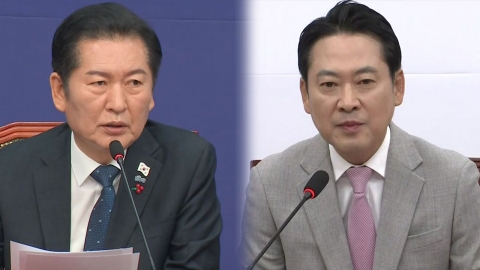
- [현장영상+] "취임 6개월 기념 손목시계 공개…대통령 휘장·서명 들어가"
- [현장영상+] 민주당, '대의원-권리당원 1인 1표' 부결
- 법원장들 '사법개혁 논의' 시작…조희대 "신중해야"
실시간 이슈
에디터 추천뉴스
-
재생
![피해자 "안 돼요 말까지 녹음"‥장경태 "연출된 듯한 인터뷰" [앵커리포트]](https://image.ytn.co.kr/general/jpg/2025/1205/202512051624179420_h.jpg) 피해자 "안 돼요 말까지 녹음"‥장경태 "연출된 듯한 인터뷰" [앵커리포트]
피해자 "안 돼요 말까지 녹음"‥장경태 "연출된 듯한 인터뷰" [앵커리포트] -
재생
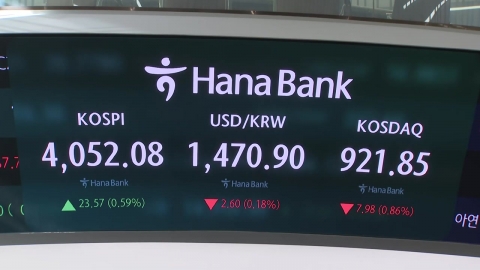 외국인 매수에 코스피 상승…현대차·LG전자 급등
외국인 매수에 코스피 상승…현대차·LG전자 급등 -
재생
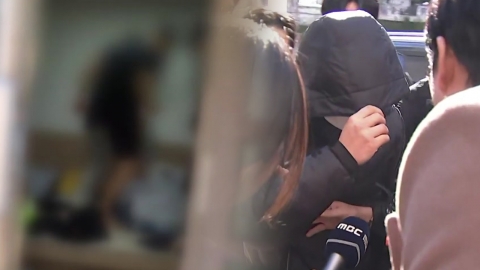 '계엄령 놀이' 양양군 공무원 오늘 구속 여부 결정
'계엄령 놀이' 양양군 공무원 오늘 구속 여부 결정 -
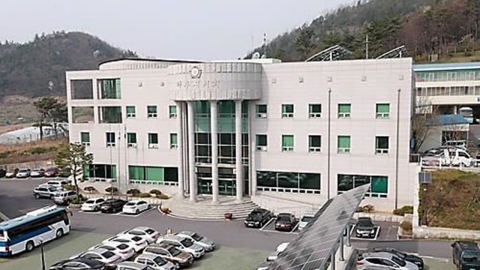 단체방에 부적절 사진 올린 나주시의원…"성희롱" 지적엔 '무시'
단체방에 부적절 사진 올린 나주시의원…"성희롱" 지적엔 '무시' -
재생
![천둥·번개와 함께 폭설이라니…심상치 않은 한반도 날씨 [Y녹취록]](https://image.ytn.co.kr/general/jpg/2025/1205/202512051611265390_h.jpg) 천둥·번개와 함께 폭설이라니…심상치 않은 한반도 날씨 [Y녹취록]
천둥·번개와 함께 폭설이라니…심상치 않은 한반도 날씨 [Y녹취록] -
재생
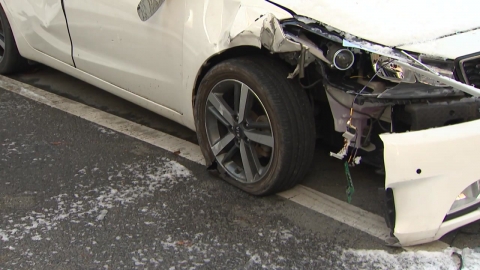 층간소음 살인 참극 '전조' 있었다…구속영장 방침
층간소음 살인 참극 '전조' 있었다…구속영장 방침 -
재생
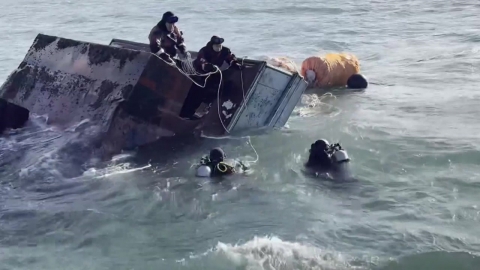 충남 태안 어선 전복 3명 사망…실종 선장 수색
충남 태안 어선 전복 3명 사망…실종 선장 수색 -
재생
!["술 안 마신다고 술잔 던져" 박나래 갑질 의혹…박나래 입장은? [앵커리포트]](https://image.ytn.co.kr/general/jpg/2025/1205/202512051429424970_h.jpg) "술 안 마신다고 술잔 던져" 박나래 갑질 의혹…박나래 입장은? [앵커리포트]
"술 안 마신다고 술잔 던져" 박나래 갑질 의혹…박나래 입장은? [앵커리포트] -
재생
![류중일 전 감독 "전 며느리 처벌해달라" 국민 청원 논란 [앵커리포트]](https://image.ytn.co.kr/general/jpg/2025/1205/202512051426099430_h.jpg) 류중일 전 감독 "전 며느리 처벌해달라" 국민 청원 논란 [앵커리포트]
류중일 전 감독 "전 며느리 처벌해달라" 국민 청원 논란 [앵커리포트] -
 "트럼프 내년에 미국·멕시코·캐나다 협정(USMCA) 탈퇴할 수도"
"트럼프 내년에 미국·멕시코·캐나다 협정(USMCA) 탈퇴할 수도" -
재생
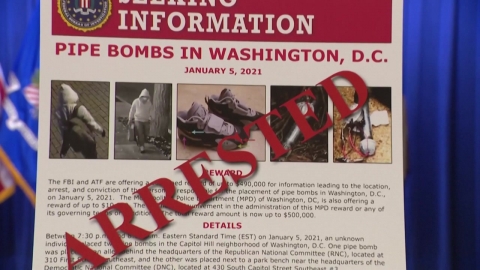 미 1·6 의회폭동 때 폭탄 설치한 용의자 약 5년 만에 체포
미 1·6 의회폭동 때 폭탄 설치한 용의자 약 5년 만에 체포 -
일 '중국 함정 100여 척 무력시위' 보도에 "답변 삼가겠다"
많이 본 뉴스
- 1 조진웅, '강도·강간' 등 소년범 출신 의혹 제기
- 2 차기 지도자 선호도 1위는?...57%가 '응답 유보' [앵커리포트]
- 3 [현장영상+] "취임 6개월 기념 손목시계 공개...대통령 휘장·서명 들어가"
- 4 "술 안 마신다고 술잔 던져" 박나래 갑질 의혹...박나래 입장은? [앵커리포트]
- 5 [속보] 이 대통령, 강형석 농식품부 차관 직권면직..."부당 권한 행사"
- 6 '미화원 갑질' 공무원 영장..."파면 안 되면 내가 그만둬야"
- 7 '계엄령 놀이' 양양군 공무원 오늘 구속 여부 결정
- 8 박나래 주변인들까지 걱정했던 술버릇 "그렇게 욕하면서..." [지금이뉴스]
- 9 피해자 "안 돼요 말까지 녹음"‥장경태 "연출된 듯한 인터뷰" [앵커리포트]
- 10 수도권 첫눈에 교통대란...제설 차량도 '속수무책'
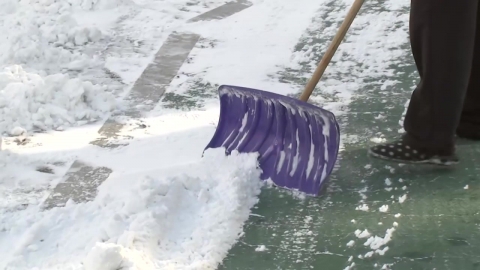





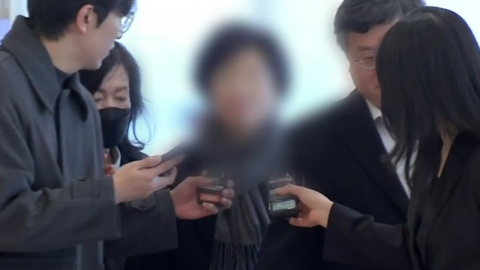


![[Y이슈] 국민 예능인인데…박나래, 갑질 논란·조세호, 조폭 연루설](https://image.ytn.co.kr/general/jpg/2025/1205/202512051031328407_h.jpg)









